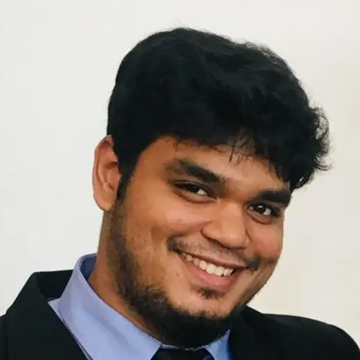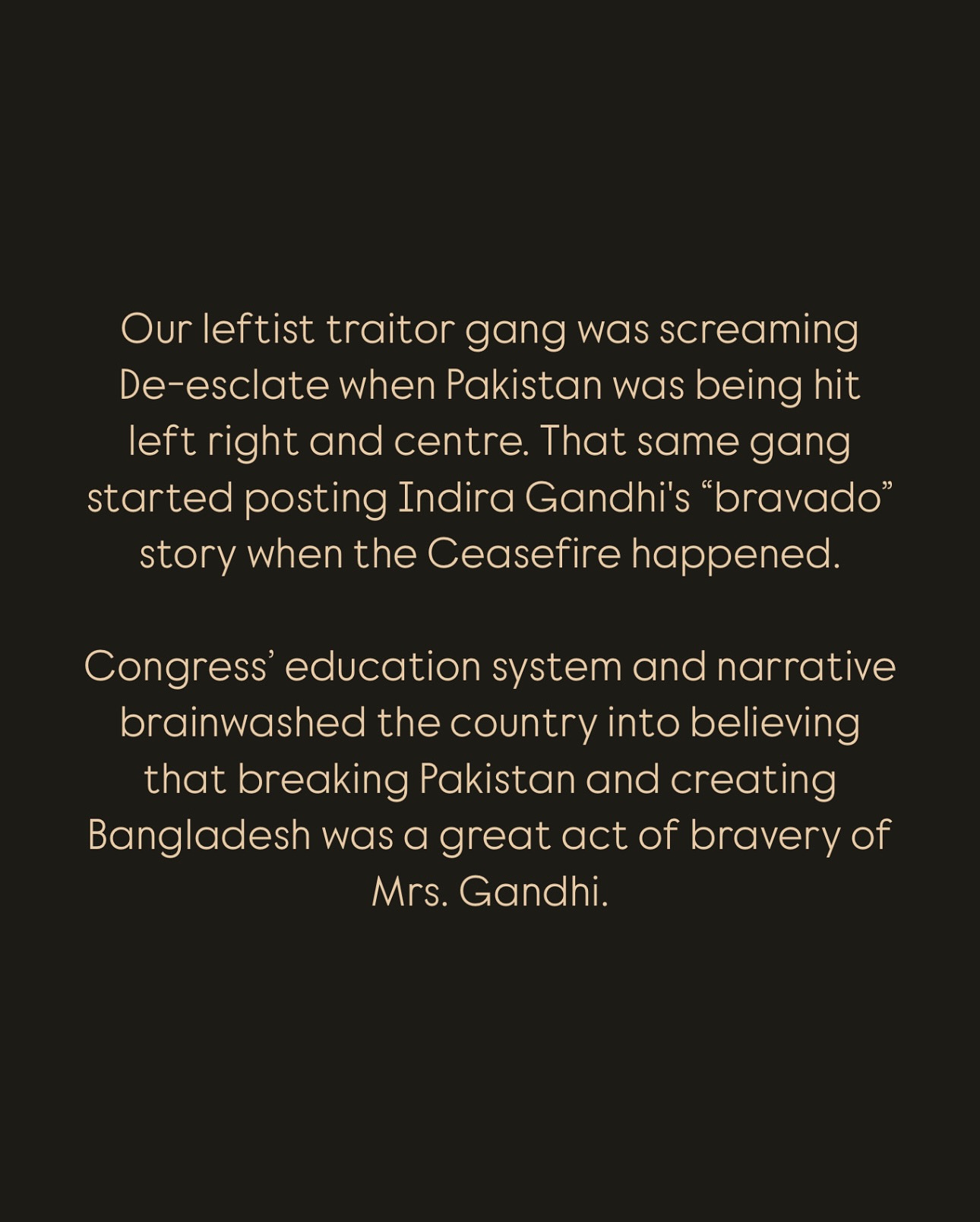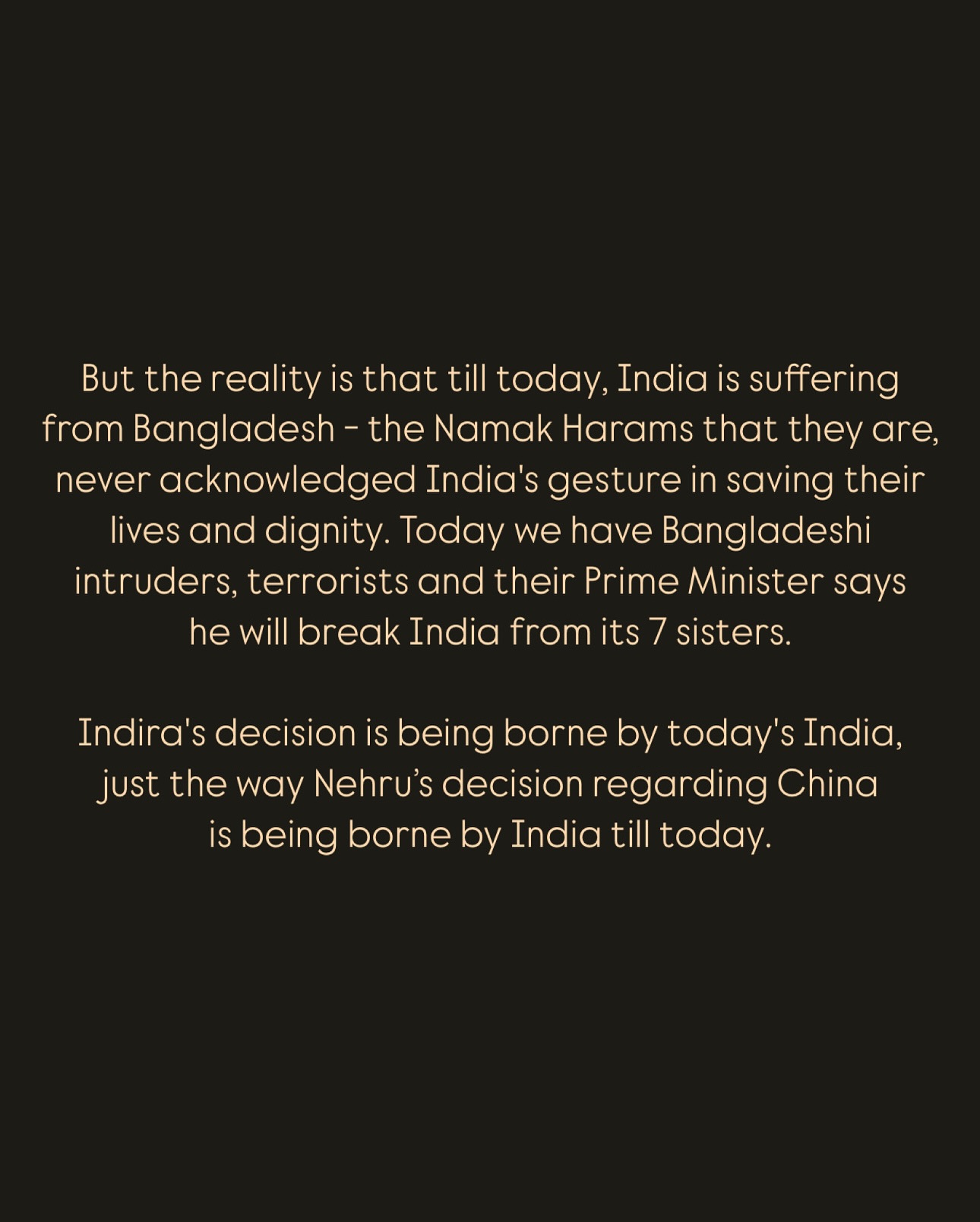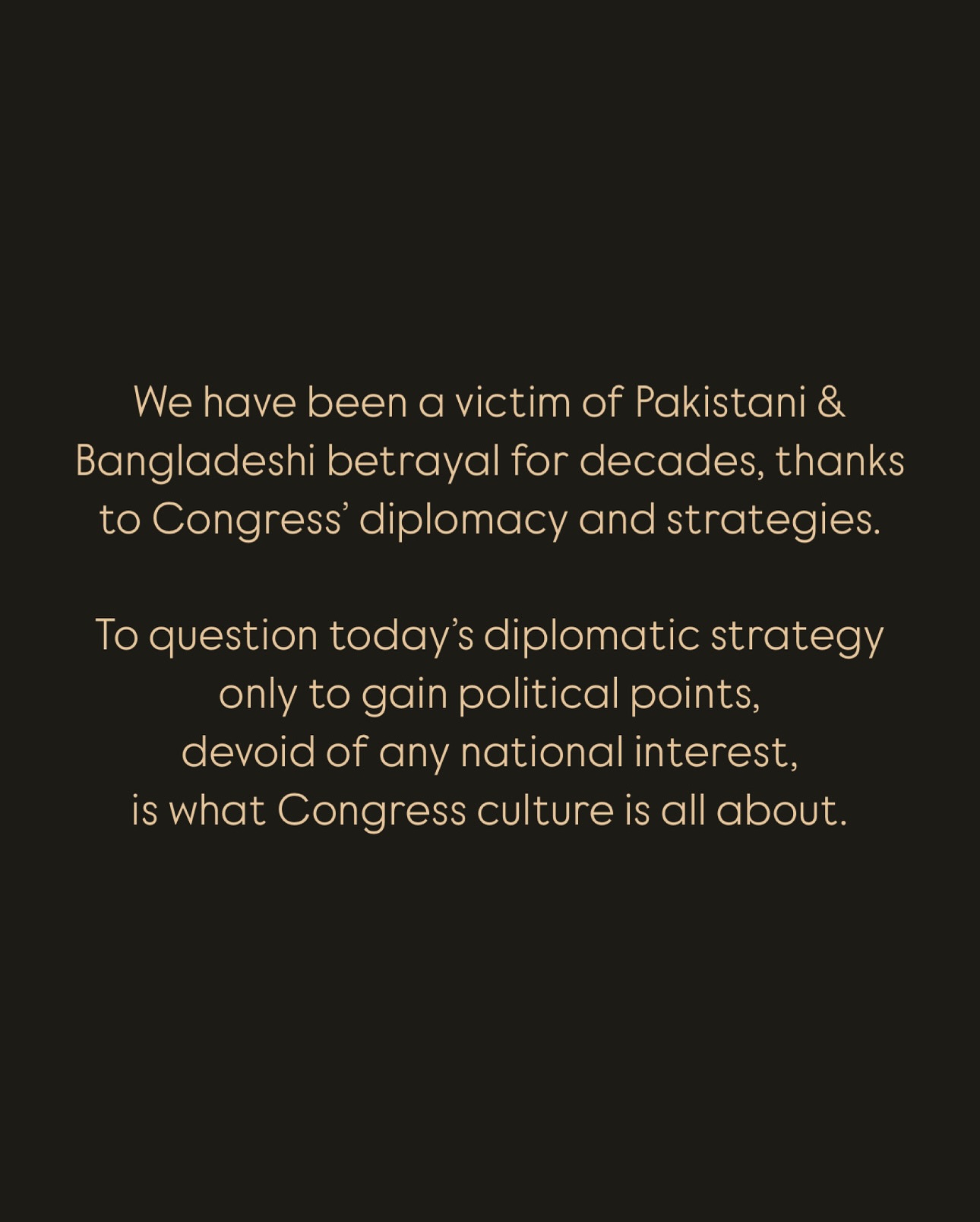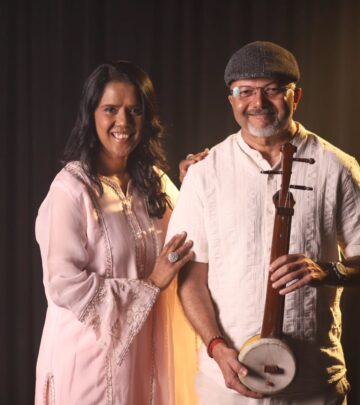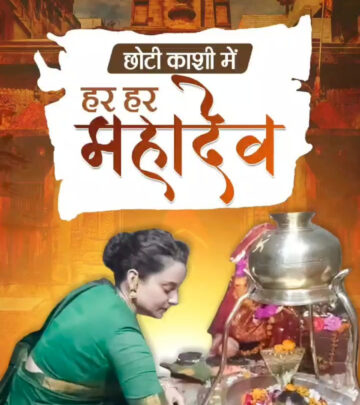Ashoke Pandit Champions India’s Diplomatic Resolve
Veteran actor Ashoke Pandit urges critics on dissent over India’s foreign policy strongly!

Image: Instagram
In a recent statement that has stirred conversations across political and social media circles, renowned veteran actor and political commentator Ashoke Pandit reiterated his support for India’s foreign policy by stating, “Congress should be the last to question today’s diplomacy.” The remark, made through his Instagram post which features several compelling images, has reignited debates on the role of political opposition in questioning the government’s strategic diplomatic decisions.
Diplomatic Stance On Foreign Policy
Ashoke Pandit’s message comes at a crucial time, as debates over India’s diplomatic posture have intensified in light of regional tensions and global geopolitical shifts. In his unmistakable style, Pandit stressed that when it comes to critical issues of national security and international relations, unnecessary political bickering may only detract from the core objective of safeguarding the country. His pointed remark—asserting that the Congress party should be the last to question current diplomatic moves—has resonated with many who view strong and decisive diplomacy as integral to India’s stature on the world stage.
The featured Instagram images, which capture Pandit’s thoughtful expression and commanding presence, serve as a visual reinforcement of his determined stance. They reflect a man who is not merely an entertainer but a commentator deeply invested in the welfare of the nation. The images, while not overly dramatic in their presentation, do provide a glimpse into his serious approach toward political affairs and public discourse.
Ashoke Pandit: A Veteran Voice
Backed by decades of experience in the media and entertainment industries, Ashoke Pandit remains a significant figure in the intersection of celebrity culture and political commentary. His career, documented comprehensively on reputable sources, has seen him take on roles that extend beyond the silver screen. Pandit’s foray into political commentary has only strengthened his influence among his followers, who appreciate his candid observations on contemporary issues.
Over the years, he has not shied away from addressing critical concerns—from terrorism to national security. His previous Instagram posts have often touched on sensitive topics such as ceasefire violations and the challenges posed by regional adversaries. In one notable post, he abstractly referenced the ongoing issues surrounding diplomatic engagements with neighboring countries, emphasizing the need for a measured and resolute response in times of crisis. His nuanced commentary further solidified his reputation as a reliable, albeit sometimes polarizing, voice on matters of national interest.
Controversies And Past Comments
Pandit’s recent statement is not an isolated incident. It follows a series of posts that have, over time, tackled themes of terrorism, national security, and the perceived shortcomings of oppositional narratives. In earlier Instagram updates, he expressed deep emotion regarding breaches of ceasefire agreements and the vulnerabilities he attributes to national compromises with adversarial forces. Such posts, accompanied by images that depict both stylized moments of patriotism and candid reflections, underscore his dedication to discussing issues that matter to the nation.
Among his followers, there is a clear sentiment of admiration for his candor. His past dialogues on shows like “The Ashoke Pandit Show” have featured insightful discussions with other veteran actors, including memorable exchanges with figures such as Rakesh Bedi. These conversations have not only revived nostalgic memories of classic Indian cinema but have also touched upon the evolving role of the media in shaping public opinion on foreign policy.
In these discussions, Pandit has highlighted his belief that artistic expression and political commentary can coexist. His reference to his own journey—from recordings and interview segments to poignant social media messages—illustrates how public figures can leverage their platforms to comment on relevant social and political developments.
The Broader Conversation
With the current political climate marked by sharp divisions and the frequent media spotlight on diplomatic issues, Pandit’s statement serves as a reminder of the delicate balance between criticism and consensus in a functioning democracy. While political opponents may view his comments as partisan, many supporters argue that his emphasis on a united front during sensitive times is crucial for maintaining the integrity of India’s international engagements.
Critics, however, remain unconvinced, arguing that robust debates are essential to a thriving democracy. Yet, as Pandit’s own body of work demonstrates, a voice that is both experienced and steeped in national sentiment can inspire a call for cautious deliberation before critiquing policy decisions. His call to reserve criticism for matters that truly compromise national interests is reflective not only of his personal ideals but also of a broader nationalist sentiment echoed by many in the current political discourse.
In conclusion, Ashoke Pandit’s recent remarks encapsulate a broader debate on the role of dissent in the realm of diplomacy. As India navigates an increasingly complex global landscape, the question of who should critique and who should stand united remains at the forefront. Through his impassioned message and his long history as a respected media personality, Pandit has reaffirmed his belief in the importance of focused and judicious criticism—one that serves the national interest rather than partisan squabbles.
Ultimately, the conversation sparked by his statement invites readers to contemplate the balance between healthy political debate and the need for unity in the face of external challenges. As India continues to assert its position on the global stage, voices like Pandit’s will undoubtedly continue to influence the discourse surrounding its foreign policy choices.
Read full bio of Glendon Moss

